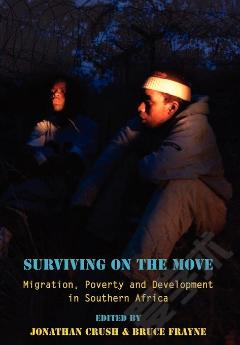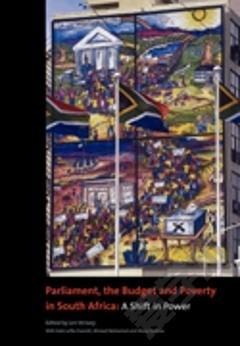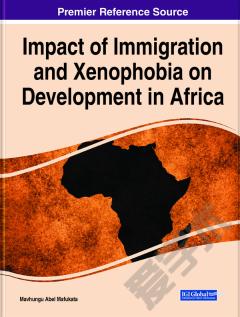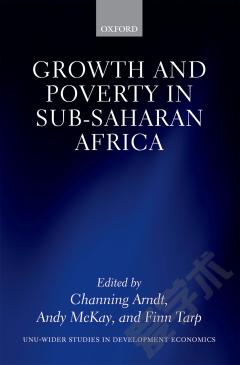Surviving on the Move: Migration, Poverty and Development in Southern Africa
Since the collapse of apartheid, there have been major increases in migration flows within, to and from the Southern African region. Cross-border movements are at an all-time high across the region and internal migration is at record levels. The implications of greater mobility for areas of origin and destination have not been systematically explored. Migration is most often seen as a negative phenomenon, a result of increased poverty and the failure of development. More recently, the positive relationship between migration and development has been emphasised by agencies such as the Global Commission on International Migration, the Global Forum on Migration and Development, the United Nations Development Programme and the African Union. The chapters in this publication are all based on primary research and examine various facets of the relationship between migration, poverty and development, including issues that are often ignored in the migration-development debate like migration and food security and migration and vulnerability to HIV. The book argues that the development and poverty reduction potential of migration is being hindered by national policies that fail to recognise and build on the positive aspects and potential of migration. As a result, as these studies show, migrants are often pushed to the margins where they are forced to "e;survive on the move"e;. Their treatment violates labour laws and basic human rights and compromises the potential of migration as a means to create sustainable livelihoods, reduce poverty and food insecurity, mitigate the brain drain and promote the productive use of remittances. This book shows that migrant lives and livelihoods should be at the centre of international and African debates about migration, poverty and development.
{{comment.content}}




![Development Perspectives from the South: Troubling the Metrics of [Under-]Development in Africa](/book/cover/605e4c58168e07298e370463.png)



 京公网安备 11010802027623号
京公网安备 11010802027623号